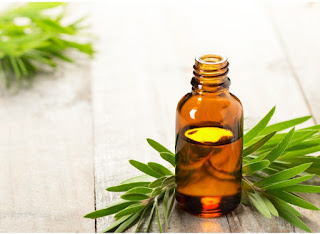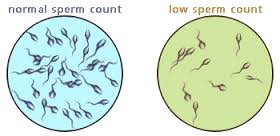It is difficult even to name all the benefits of Indian neem. It is a widespread ingredient which is often added in composition of various cosmetic products either for skin care or for hair. The fact that this component is effective is scientifically proven. In your daily beauty care it can be used almost in every aspect. Indian Neem can be found in three forms such as powder, oil and leaves. This herb is perfect in treatment of skin and hair problems because it is very safe and gentle.
How to Apply Indian Neem for Skin
In treatment of acne, neem oil should be applied on the problematic area. If to use it systematically then this problem will be reduced to minimum. Neem leaves are also very useful. One of the most effective recipes is to make a paste from neem leaves and turmeric and use it as a mask for your face. It perfectly reduces appearance of acne and scars left from it.
If you have a problem of extremely oily skin, then neem yoghurt mask is what you need. To make it, you should mix neem powder with lemon juice and yoghurt. It has an antibacterial effect on your skin and reduces secretion of oil.
If you want to be the owner of smooth tone of skin, then neem rose petals will help you. Thanks to this mask your skin will be glowing and free from oil and dirt. To make it you should mix neem powder, milk, powder of rose petals and yoghurt. You should apply this mass on your face and neck and leave it for fifteen minutes and then wash it off with cold water or rose water.
If you suffer from dry skin then you should apply mask made of neem powder, water and grape seed oil. It will help to moisturize your skin.
In order to get rid of pimples you should use grind neem leaves. To make an effective mask you should mix neem and tulsi powder with rose water and make a paste from these ingredients. It should be applied on your face for a half of an hour and then washed off with warm water.
In treatment of acne one more mask is very effective. You should smash cucumber with neem leaves then ass some turmeric and a bit of water into this paste. It should be left on the face for thirty minutes and then washed off with water.
Neem for Hair Care
Did you know that neem has antiseptic and anti-bacterial qualities and it is often used to treat hair loss and problems with scalp? To avoid or to cure these problems you should boil a cup of fresh neem leaves and apply it as a hair rinse.
If you want your hair to grow faster, then massage your scalp with neem oil. Shampoo based on neem is effective too. It improves blood circulation in the scalp and it also effective if the hair is too thin.
In struggle against dandruff Indian neem is effective too. You should mix neem with water and massage it gently into your scalp, to leave it for an hour and then wash it off. This mask is great for those who have oily skin.
If you need deep conditioning then you should mix neem, reetha, shikakai and amla powders and apply it on your hair. It prevents from appearance of various problems with scalp.
Interesting Facts About Beauty Benefits
To receive shiny hair and skin you should take in neem capsules one per a day or simply several neem leaves should be chewed. It promotes the increase of immunity.
To avoid any infections, acne or breakouts you should take bath in neem water every day.
In struggle with such diseases as eczema and psoriasis neem oil is very effective.
Neem is very effective in treatment of various beauty problems because of its anti-bacterial and anti-viral qualities.
It is perfect for oily skin and it also serves as peeling.
It removes irritation of skin and dryness.
By Maria K. Garcia
also read 5 Best Neem Oil for Skin , Nail and Scalp Psoriasis












